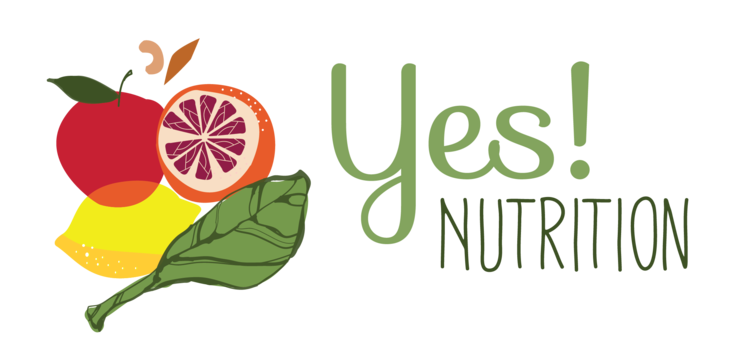What is a Registered Dietitian Nutritionist?
I'm going to tell it to you straight: all dietitians are nutritionists, but not all nutritionists are dietitians? So, what's the difference between a dietitian and a nutritionist?
In honor of Registered Dietitian Nutritionist Day next Wednesday, March 14, 2018, I thought it would be good to share a little bit more about what it takes to become an RDN!
Registered Dietitian Nutritionists (RDNs), sometimes referred to as Registered Dietitians (RDs), are qualified healthcare practitioners trained to deliver evidence-based nutrition information to their patients and to the public.
To become a Registered Dietitian Nutritionist, an individual must complete rigorous academic requirements including:
- A Bachelor's degree with specific approved courses in subjects like biochemistry, physiology, food science and culinary arts. (By 2024, requirements will change and all new RD-eligible individuals must earn a Master's degree!)
- A supervised practice experience. (Only 49% of those who apply to these accredited programs are accepted - that's tough!)
- A national board examination (Whew!)
And once all of that's complete, an RDN must abide by several professional standards in the field of food and nutrition, including completing ongoing continuing education, engaging in evidence-based practice, and working within the framework of a specific Code of Ethics.
It sounds like a lot, and when it comes to food and nutrition advice, it SHOULD be!
Dietitians don't just share personal stories, or *shocking* before and after photos to get you to buy a product or service. Nope! Instead, dietitians utilize three key informants to help guide you in the right direction. Dietitian's information and recommendations are founded in:
- The best available evidence in research. (If something isn't vetted through research, I can't recommend it!)
- Professional expertise. (Beyond an X = Y algorithm, an RDN like myself synthesizes information about you, your current or former diagnoses, root causes, and potential solutions.)
- Patient values. (Your health is unique to you, and my recommendations reflect that.)
When dietitians give advice, they utilize evidence-based practice that's personalized, safe and actionable for the person or community at hand. Tweet it!
It's all because Registered Dietitian Nutritionists want you to get the health you look for through sustainable, realistic solutions that deliver results...and that's the answer to a healthier you!
Thank you so much for reading - and watching! - I'll see you back here soon :)
